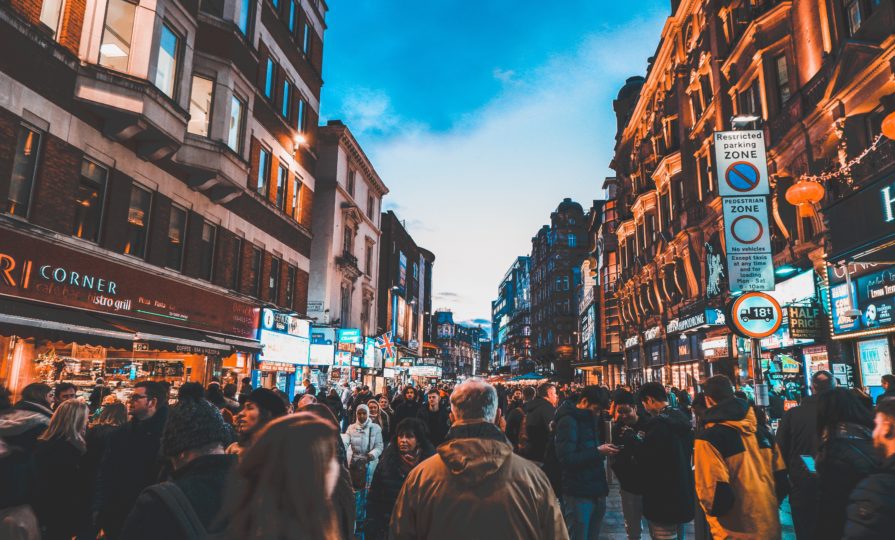How much is the ‘tourist tax’ harming retailers
In 2020, the government banned tax-free shopping as part of its Brexit plans. Kwasi Kwarteng, the country’s short-lived chancellor of the exchequer, had announced plans to reinstate the scheme during the Autumn Budget of 2022. However, a month later, Jeremy Hunt stated that the government will "not proceed with this scheme which is worth around £2bn a year". The Retail Sector examines how the VAT-free shopping ban has impacted merchants and whether any replacement scheme could be viable

The Centre for Economics and Business Research has calculated that the “tourist tax” is costing the UK £10.7bn in lost GDP and deterring two million tourists from visiting the country per year. The report from the Centre for Economics and Business Research (CEBR) claims that the additional revenue generated by restoring a VAT rebate scheme would outweigh losses associated with VAT refunds by £2.3bn.

